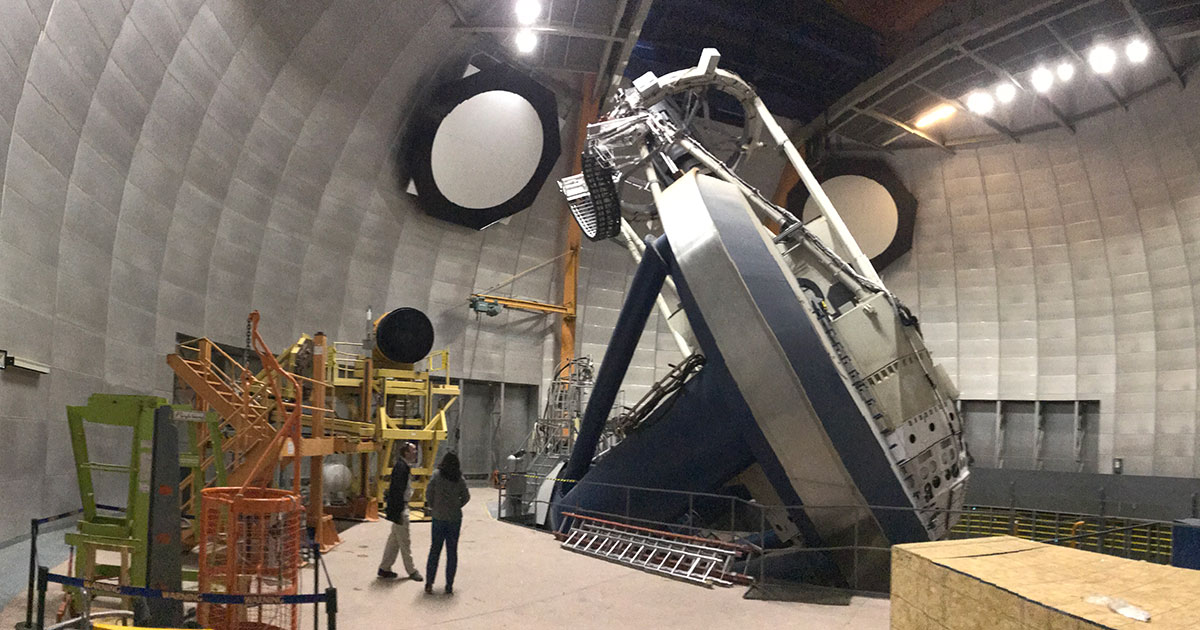Astrophysics and Cosmology
Fourteen full-time faculty members are joined by staff, postdocs, and students in research on astrophysics and cosmology. Major areas of research include:
- theories of the very early universe (Khoury, Lee, Trodden);
- approaches to cosmic acceleration, including modified gravity (Jain, Khoury, Madhavacheril, Sheth, Trodden);
- the properties of dark matter and dark energy, and their influence on the formation of galaxies (Bernstein, Devlin, Jain, Madhavacheril, Sako, Sanderson, Sheth);
- the nonlinear growth of structure in the Universe (Bernstein, Jain, Lee, Madhavacheril, Sheth);
- the evolution of galaxies through the epoch of reionization and into the recent era (Aguirre, Bernardi, Lidz);
- millimeter and sub-millimeter observations of galaxy clusters, and of star and galaxy formation (Aguirre, Devlin, Madhavacheril);
- observations of transient phenomena in the Universe (Sako);
- detection of planets and planet-forming systems around nearby stars (Blake, Devlin, Jain); and
- observations of the Solar System beyond Neptune (Bernstein, Blake, Sako).
We address these questions from many angles:
- developing new instrumentation in the optical, millimeter, and sub-millimeter regimes;
- observations from the radio through x-ray;
- analysis of large survey datasets;
- computation and simulation;
- and theory.
There is close collaboration between the astrophysics group and Penn researchers conducting laboratory and astrophysical studies of the nature of dark matter (Klein, Sanderson) and theoretical studies of gravitational and dark-sector physics (Khoury, Lee, Trodden). Many members of the department apply techniques from data science and machine learning to astronomical datasets (Bernardi, Jain, Madhavacheril, Sako, Sanderson).

Related Faculty
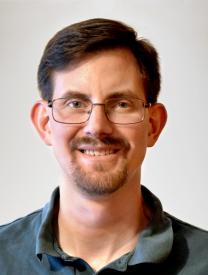
- Astrophysics and Cosmology

- Astrophysics and Cosmology

- Astrophysics and Cosmology
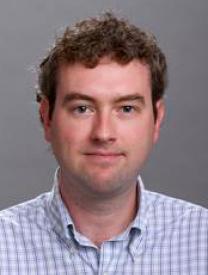
- Astrophysics and Cosmology

- Astrophysics and Cosmology
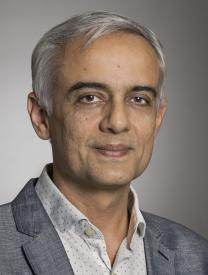
Walter H. and Leonore C. Annenberg Professor in the Natural Sciences
Co-Director of the Penn Center for Particle Cosmology, Co-Director of the Penn Data Driven Discovery Initiative
bjain@physics.upenn.edu(215) 573-5330
- Astrophysics and Cosmology
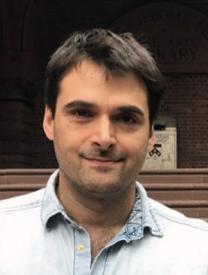
- Astrophysics and Cosmology
- Nuclear and Particle Physics

- Astrophysics and Cosmology
- Nuclear and Particle Physics

- Astrophysics and Cosmology

- Astrophysics and Cosmology

Arifa Hasan Ahmad and Nada Al Shoaibi Presidential Professor of Physics and Astronomy
masao@sas.upenn.edu
215-898-8151
- Astrophysics and Cosmology

- Astrophysics and Cosmology

- Astrophysics and Cosmology

Fay R. and Eugene L. Langberg Professor of Physics
Associate Dean for the Natural Sciences, School of Arts and Sciences, Co-Director of the Penn Center for Particle Cosmology
trodden@physics.upenn.edu215-898-7938
- Astrophysics and Cosmology
- Nuclear and Particle Physics
News
New high-definition pictures of the early universe
New research by the Atacama Cosmology Telescope (ACT) collaboration has produced the clearest images yet of the universe’s infancy—the earliest cosmic
Read MoreDepartment Scholar in Residence Update: Sculpture Installation on Cover of Arts Based Research Book
Portal, a sculpture installation inspired by research of black holes created by Rebecca Kamen, visiting scholar and artist in residence in the Department of Physics and Astronomy, has been
Read MoreThe Missing Data Link
When Bhuvnesh Jain and Greg Ridgeway co-founded the Data Driven Discovery Initiative (DDDI) in 2021, their initial goal was to support the undergraduates, graduate students, and postdocs acro
Read MoreRecent Scientific Developments on Cosmology and Particle Physics
A collaborative workshop bringing together participants from nearby universities to advance research in cosmology and particle physics.
Read MoreNASA’s Roman Space Telescope will investigate the history of galaxies
Robyn Sanderson and collaborators are unearthing the history of the universe's formation by looking for clues that reveal its 'galatic fossil record.'
Read MoreDark Energy Survey uncovers clues to universe’s complexity
In 1998, astronomers discovered that the universe is expanding at an accelerating rate, thanks to a mysterious force called dark energy
Read More
Events
Astrophysics Seminar: "TBA"
Joaquin Vieira (UIUC)
Astrophysics Seminar: "TBA"
Stephen Chen (Princeton)
